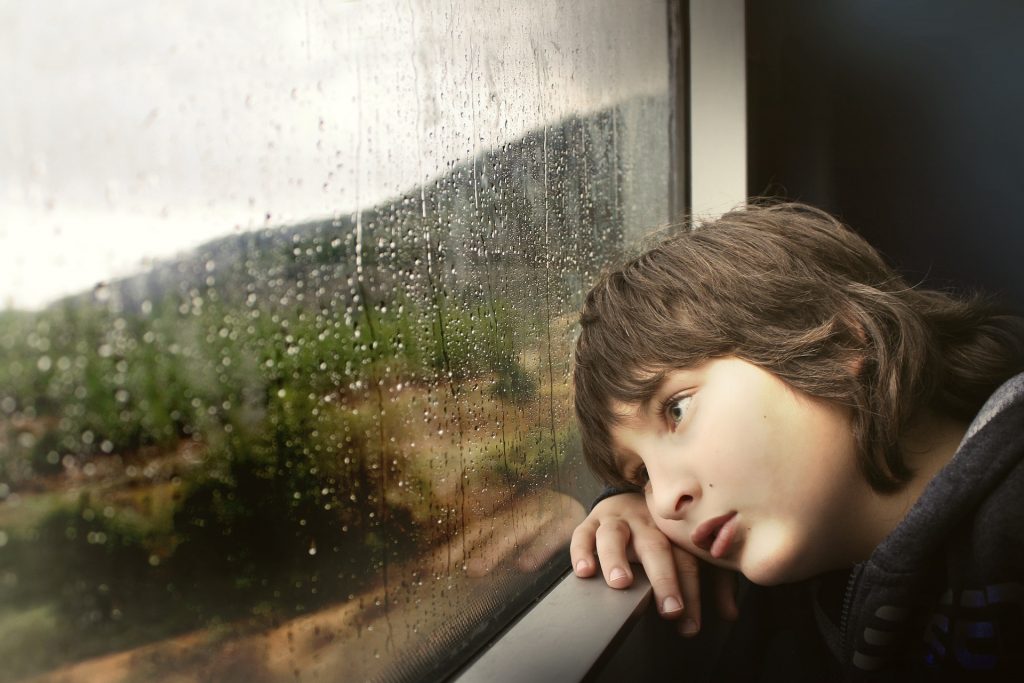When somebody has a terminal illness or has died one of the concerns we frequently hear about is how the disease progression and the death will impact the children in the individual’s life. These children may be the individual’s children, grandchildren, nieces or nephews, siblings, neighbors, close family friends, students, etc. The truth of the matter is they will grieve. Children, just like the adults around them, will grieve.
Just Like Adults, Children and Teens Have a “Grieving Style”
Each child will grieve in their own way and time just as adults do. Some children, depending on their age, may want to talk, but it’s also possible their grief will come out through play as this is the language of expression for children. Children will often model their behavior and actions related to their grief to fit the behavior and actions of the adults around them as they are likely just learning to grieve. Does this mean adults should hide their grief from children? Absolutely not! It’s okay for children to know the adults in their life are grieving and to know this includes many thoughts, emotions and feelings. It’s also okay for adults to share with the children (in simple age-appropriate language) how they are feeling, why or why not they may be behaving in a certain way and to allow the child to also share their thoughts and feelings. One cautionary thought though – don’t expect a child to sit for a lengthy period of time talking about their grief. Sometimes they will talk for a brief moment then they are off to the next activity that comes to mind.

Image by Free-Photos from Pixabay
Finding Strength in Grief
Just like with adults there is no timeline or a quick and easy fix for the grief a child will experience. Children will get through their grief by being able to grieve. Again, let me re-iterate the grief process is unique to each individual. With that being said, it’s also important to know that as a child grows and matures it may seem like the child is starting to grieve all over again. Please know they are not back to the beginning of their grieving process. They are just processing and understanding their grief at a different developmental level which also means a new way of understanding the death and how it affects them.
If you are looking for additional information about children and grief, Unity has several resources available on our website (Grief Services) for supporting children and teens through grief. Or you can also call into the Unity office for additional support.
If you found this information helpful, please share it with your network and community.







